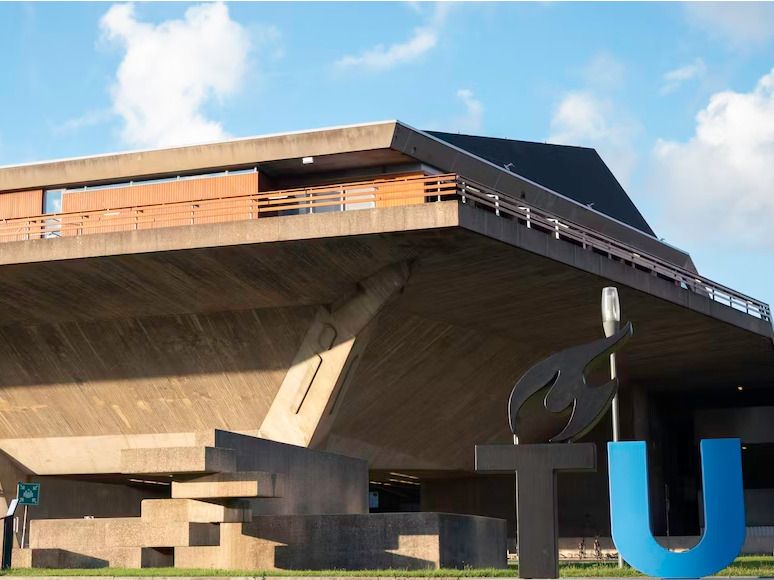
Added: May 11, 2023
Last edited: Jan 17, 2025
Delft University of Technology (TU Delft) is offering a 100 % online course on Sustainable Packaging in a Circular Economy. As a Massive Open Online Course (MOOC), students and professionals with basic knowledge of the circular economy and an interest in or experience of packaging can start learning how to apply the principles of the circular economy to sustainable packaging systems, at the time and place of their choosing.
It has become almost impossible to imagine what our lives would be like without the many benefits of packaging.Yet as the global population grows in size and affluence, both the collective demand for packaging materials and the waste generated as a result will increase dramatically. Currently, large amounts of packaging waste escape formal collection and recycling systems and eventually end up polluting the environment. Moreover, their material value is forever lost to the economy. The Ellen MacArthur Foundation estimates that uncollected plastic packaging waste alone is worth somewhere between 80 to 120 billion dollars a year.
So how can packaging systems be improved in order to capture this wasted potential?
This self-paced 6-weeks online course guides participants in the way packaging is currently designed, recovered, reused and rethought. In this course, participants will learn about the design of sustainable packaging systems. Both interested people, students in design and professionals in the packaging industry, wanting to learn how to find circular opportunities are welcome in taking the course.
The course will explore business strategies that support these systems, the opportunities of designing with renewable, bio-based materials, the best practices through case studies with industry frontrunners and how circular design principles can be applied to create 'closed loop' packaging systems.
Contrary to the current industrial model, which extracts, uses and ultimately disposes of resources, a circular economy is regenerative by design. This means that products and services are reimagined from a systems perspective in order to minimise waste, maximise positive economic, environmental and social impacts, and keep resources locked in a cycle of restoration.
Photo by Anant Chandra on Unsplash
